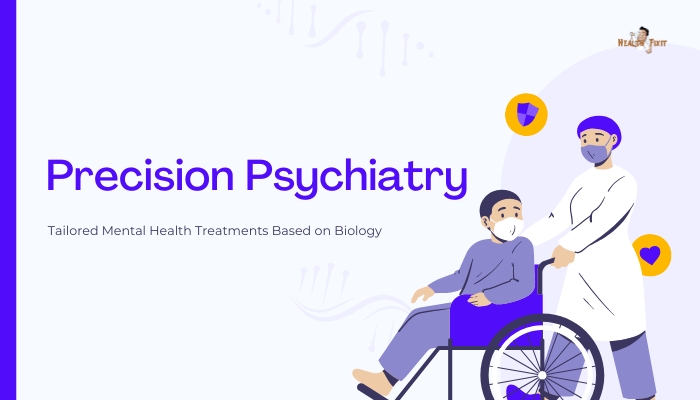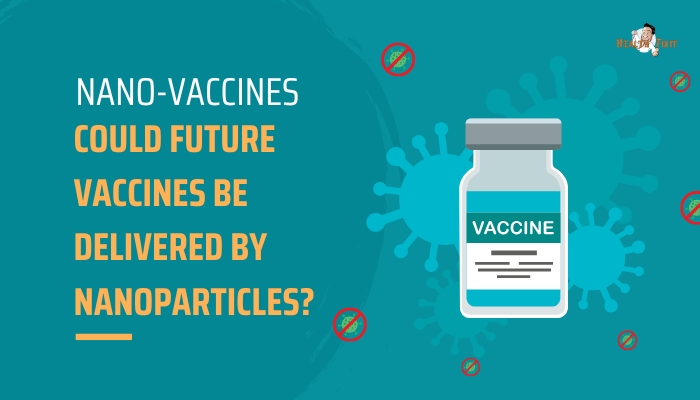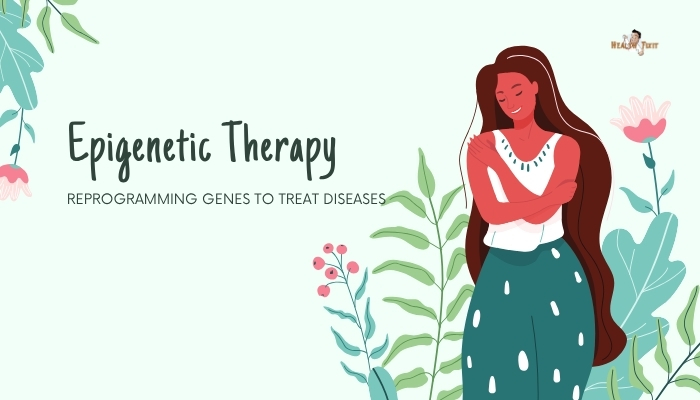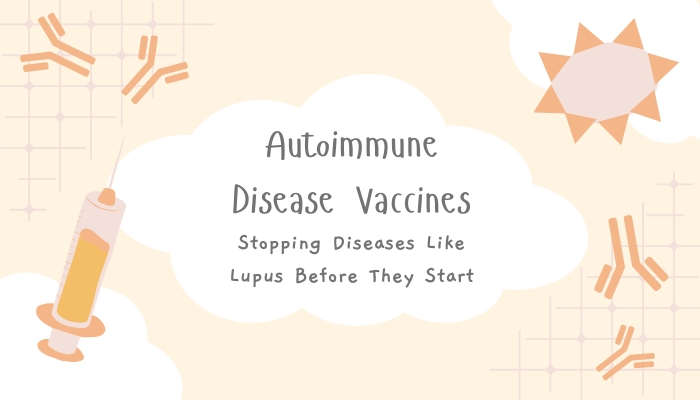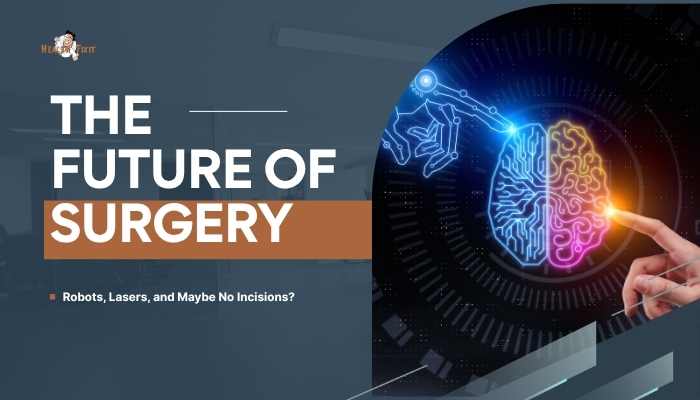Introduction
Mental health disorders often involve a complex interplay of genetic, environmental, and biological factors.
Traditional psychiatry frequently uses the same drug or therapy protocols for broad categories of patients—sometimes effective,
but other times producing underwhelming results or side effects. Precision psychiatry aims to change that. By leveraging genomics
neuroimaging, and biomarker data, psychiatrists can tailor interventions—medications, psychotherapies, or neuromodulation—to the individual’s biology.
The ultimate goal: improved outcomes, fewer side effects, and a more personalized approach to mental wellness.
The Concept of Precision Psychiatry
From One-Size-Fits-All to Personalized Care
In the current mental health model, diagnosing depression, anxiety, or schizophrenia typically relies on clinical interviews and standardized symptom checklists
. While useful, this approach overlooks potential differences in underlying biological pathways. Precision psychiatry strives to refine diagnoses and treatments by integrating scientific data, such as:
- Genetic Profiles: Identifying specific polymorphisms that affect drug metabolism or predisposition to certain disorders.
- Brain Imaging: Observing patterns in brain structure or activity that correlate with mood or cognitive symptoms.
- Biomarkers: Measuring proteins, hormones, or inflammatory markers in blood or cerebrospinal fluid that signal particular subtypes of a disorder.
Rethinking Psychiatric Disorders
Some researchers suspect that broad categories like “major depressive disorder” or “schizophrenia” encompass numerous subtypes with distinct biological causes.
Pinpointing these subtypes might allow more targeted therapies, akin to how cancer treatment subdivides tumors based on molecular features.
Key Technologies Driving Precision Psychiatry
Genomic Testing
Pharmacogenomics helps predict how individuals metabolize or respond to psychiatric medications—like SSRIs, antipsychotics
, or mood stabilizers. Testing might indicate if a patient has a genetic variant causing slower drug breakdown (raising risk of side effects) or faster breakdown (requiring higher doses)
. While these tests aren’t foolproof, they often guide safer, faster medication choices.
Neuroimaging Tools
- MRI (Magnetic Resonance Imaging): Structural scans reveal gray matter density, subtle changes in certain brain regions.
- fMRI (Functional MRI): Tracks dynamic brain activity under tasks or at rest, revealing networks possibly linked to mood regulation or anxiety circuits.
- PET/SPECT: Imaging metabolic or receptor-level details, showing patterns (like dopamine dysregulation) that might differentiate one psychotic disorder subtype from another.
Biomarker Panels
Measuring inflammation markers, cortisol levels, or even microRNA signatures might help classify depression subtypes—for instance, “inflammatory depression” vs. “atypical depression.” This classification can guide whether an anti-inflammatory approach or classic antidepressants are more appropriate.
Translating Insights into Clinical Practice
More Accurate Diagnosis
By integrating data from genetics, imaging, and lab tests, psychiatrists can refine diagnosis. For example,
a patient with “treatment-resistant depression” might have a biomarker profile indicating sensitivity to a particular drug class or to cognitive-behavioral therapy (CBT) augmented with transcranial magnetic stimulation (TMS).
Tailored Medication and Therapy
Precision prescribing uses pharmacogenomic insights to select optimal antidepressants, antipsychotics, or anxiolytics, potentially avoiding the “trial-and-error” approach. Meanwhile, advanced imaging can spot patients who might benefit more from psychotherapy vs. medication or from combining the two.
Outcome Tracking
Digital tools—like wearable devices or smartphone apps monitoring sleep, activity, mood—can gather real-time patient data. AI-based analyses can adapt treatment regimens on the fly, identifying early signs of relapse or non-response before severe symptoms reappear.
Challenges and Limitations
Complexity and Cost
Advanced genetic or imaging tests are expensive and not universally covered by insurance. Clinical adoption requires robust evidence of cost-effectiveness and improved outcomes.
Data Privacy
Sensitive health data—especially genomic or brain-imaging results—pose privacy risks. Ensuring confidentiality and preventing misuse is paramount as we harness big data in mental health.
Incomplete Understanding
Despite progress, mental disorders remain multifactorial. Not every patient’s condition will map neatly onto a single biomarker or gene variant. Over-reliance on single tests might oversimplify the complexities of psychiatric disease.
Access and Disparities
Rural or underfunded health systems may lack equipment or trained professionals for advanced testing. Ensuring equity in precision psychiatry is essential to avoid widening treatment gaps.
Future of Precision Psychiatry
Combined Omics Approaches
“Omics” technologies—like genomics, epigenomics, proteomics, and metabolomics—could yield multi-layered patient profiles. Integrating such data might reveal individualized targets for therapy, from synapse function to immune modulation.
Brain–Machine Interfaces
In severe cases, advanced neuromodulation devices (e.g., adaptive deep brain stimulation) may interpret neural signals in real time, adjusting stimulation to stabilize mood or cognition. Such synergy of AI and neurotechnology hints at a new frontier in psychiatric care.
Global Collaborative Databases
Large-scale data sharing across academic centers, national health systems, and private consortia can pool knowledge, refining predictive models. Ethical frameworks, such as secure multiparty computation, help maintain privacy while gleaning population-level insights.
Practical Tips for Clinicians and Patients
- Request Evidence: If offered pharmacogenetic or imaging-based diagnoses, ask about peer-reviewed proof of its predictive power.
- Holistic Approach: Even with biomarkers, psychosocial factors—stress, trauma, environment—are crucial in mental health. Precision psychiatry complements, not replaces, holistic treatment.
- Health Insurance and Coverage: Many advanced diagnostic tools remain out of pocket unless validated in large studies. Verify cost or coverage with insurance before proceeding.
- Stay Updated: The field evolves quickly. Conferences, specialized journals, and continuing medical education help psychiatrists keep pace with new diagnostic and treatment tools.
Conclusion
Precision psychiatry stands at the cutting edge of mental health, promising more tailored, biologically informed interventions than the historical “one-size-fits-all” approach. By combining genetic testing, brain imaging,
and biomarkers, clinicians can differentiate subtypes of depression, anxiety, or psychosis, better matching treatments and reducing the guesswork that too often prolongs patient suffering.
Yet this vision depends on robust research, ensuring scientific rigour and cost-effectiveness. Privacy and access must be integral to deployment,
so that the benefits—less trial-and-error prescribing, improved outcomes—touch all communities, not just the privileged.
As research in neuroscience and omics surges forward, the era of precision psychiatry may shift mental healthcare from broad categories to a future where every patient’s unique biology illuminates a path toward targeted, effective healing.
References
- Insel TR, Cuthbert BN, Garvey M, et al. Research domain criteria (RDoC): toward a new classification framework for research on mental disorders. Am J Psychiatry. 2010;167(7):748–751.
- Drysdale AT, Grosenick L, Downar J, et al. Resting-state connectivity biomarkers define neurophysiological subtypes of depression. Nat Med. 2017;23(1):28–38.
- Perlis RH. Translating biomarkers to clinical practice in psychiatry. Am J Psychiatry. 2011;168(12):1143–1152.
- Reus LM, Mwangi B, van Ems E, et al. Identifying biomarkers for bipolar disorder. Front Psychiatry. 2021;12:630274.
- Mullins N, Lewis CM. Genetics of depression: progress at last. Curr Psychiatry Rep. 2017;19(8):43.
- Zai G, Breen G. Pharmacogenomics for depression. Curr Top Behav Neurosci. 2019;42:31–44.
- Drysdale AT, et al. Machine learning for neuroimaging in mood disorders. Mol Psychiatry. 2020;25(9):1942–1952.
- Dunlop BW, Mayberg HS. Neuroimaging-based biomarkers for treatment selection in major depressive disorder. Dialogues Clin Neurosci. 2014;16(4):461–475.
- Hasan A, Mueller NS. Post-genomic era in psychiatry: bridging the gap between genetics and epigenetics. Mol Neurobiol. 2019;56(11):7546–7558.
- Wray NR, Ripke S, Mattheisen M, et al. Genome-wide association analyses identify 44 risk variants for major depression. Nat Genet. 2018;50(5):668–681.

